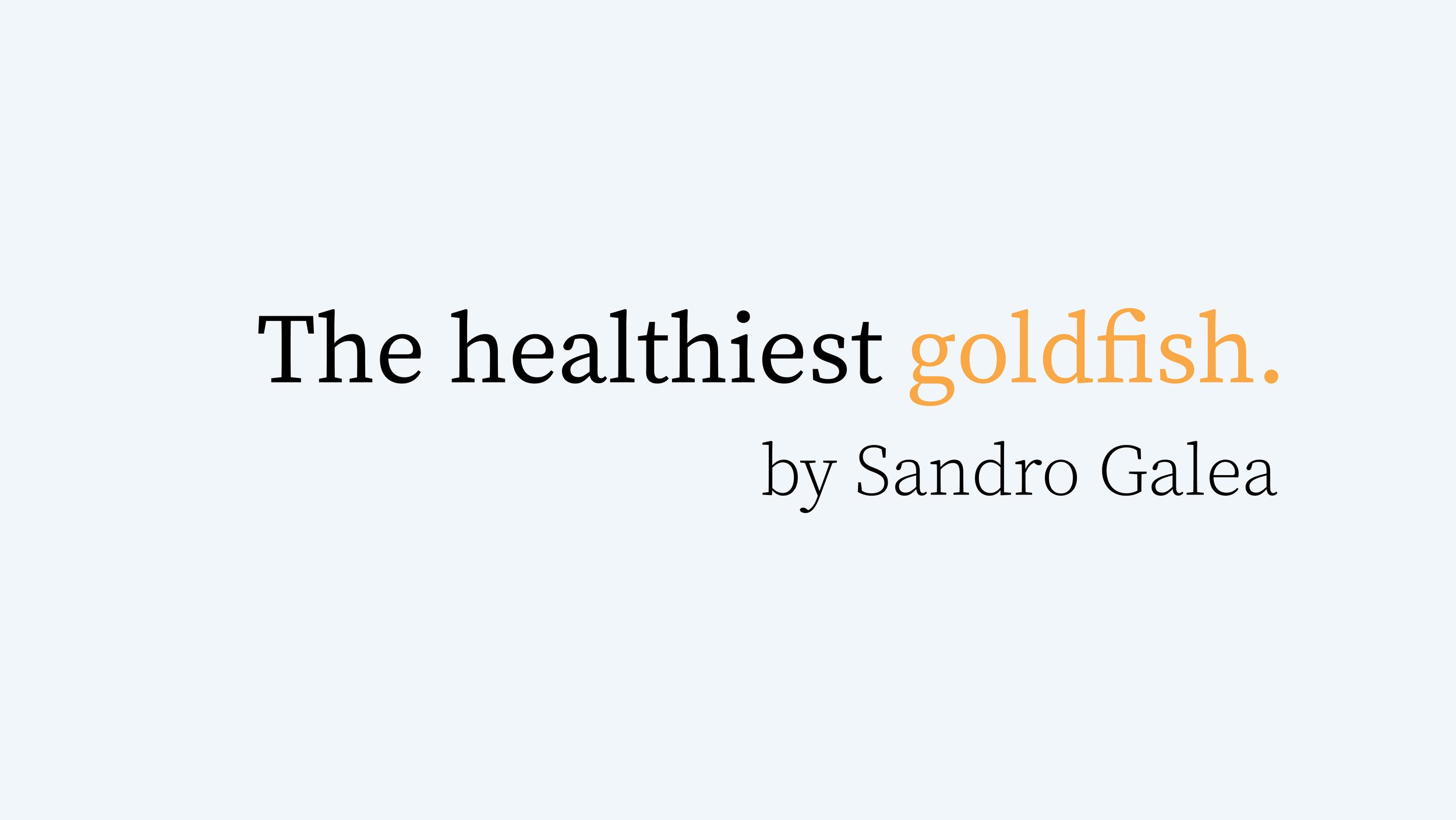On creating frameworks that ensure our conversations are truly generative of a better world.
In a recent piece for the London Review of Books, Judith Butler wrote:
“The matters most in need of public discussion, the ones that most urgently need to be discussed, are those that are difficult to discuss within the frameworks now available to us.”
In the context of the moment we are living in, this makes me think, and quite a bit, about what it means to have conversations, and whether and when certain conversations are even possible. I have long believed in the power of conversation. A healthier world is downstream of the ideas that shape such a world, and ideas emerge from conversation and debate. It is through an ongoing process of disicussion that we decide which ideas are good and which are not, where we stress-test our beliefs and opinions through engagement, and sometimes generative conflict, with the beliefs and opinions of others. As I have written before, the goal of this newsletter is to seed such conversations, helping to create a substrate from which productive conversations can emerge to help shape a healthier world. It is in service of such conversations that I have specifically pushed back against ad hominem statements and the use of shorthand via social media to distill complex ideas into grandstanding soundbites, urging us instead to have conversations, the kind that advance understanding and truly make progress.
Read more here



